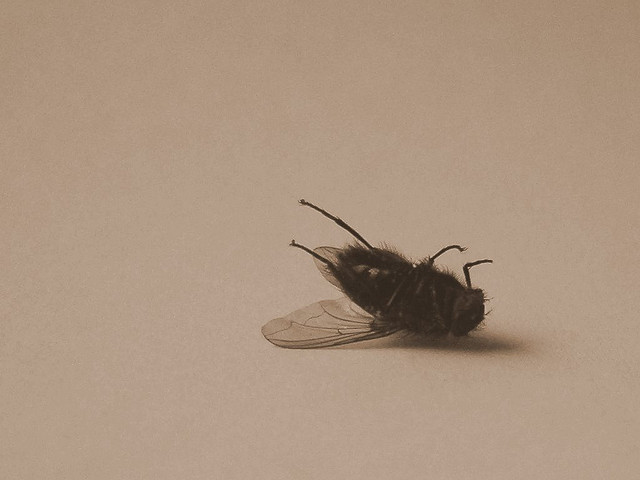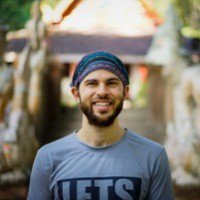Every single one of us wants to make an impact in the world.
Whether you just graduated college or are years into your career(s), once or twice you’ve probably found yourself reflecting on what your future might look like.
Maybe you’ve thought about having children, raising a family or considering how you can make enough money to never be concerned about financial security for you and the ones you love.
Each one of us have several “big picture” moments where we take a moment to see what our future might hold.
For me, this started around my junior year of college. I started networking, interning, and attempting to be as responsible as possible for my future. I focused on my finance degree and decided that I wanted to be sitting at the head of the table, as CEO.
Yet, while all of this was going on, I was secretly wanting to become an entrepreneur. In fact, that was what I initially majored in before I was told it wasn’t going to serve me in finding a lucrative paying job.
I remember spending hours thinking about businesses that I could start on the UCF campus—a laundry service, a campus dating site, a textbook exchange and a resume writing program, just to name a few.
However, the entrepreneur inside of me was frightened.
He would spend his time gathering information and writing out partial business proposals, but never seemed to pull the trigger on any of it. Soon, a belief that I wasn’t capable of becoming an entrepreneur started to form in my mind.
Also, I was told that it would be much better to get experience in a “respected profession” before starting a business for myself.
I knew something was off, but I couldn’t explain it. I went to work for the largest financial institution in the world and that’s when I began to wonder…
Is this what I really wanted?
Did I really want to be spending my days in a cubicle crunching numbers for someone else’s benefit?
Whose life was I living?
At the time, I didn’t have the tools to understand how misaligned this path was, but I just knew something was off. Much later, I realized this “off feeling” was created by deciding to listen to others instead of myself.
This was around the time when I entered the world of self-development. I wanted to get a better understanding about why I did the things I did. I began asking some of the bigger questions—this one in particular:
Why am I here? What is the purpose of life itself?
It brought me down the path of forming some thoughts around this subject. One thing I knew for sure would be that at the end of my life, we won’t care too much about the things that I bought or the promotions I got.
So what about life could peak my curiosity? What could I learn now about living so that I won’t have any regrets when I’m dying?
Well, a woman by the name of Bronnie Ware, an Australian nurse who spent several years caring for patients in the last 12 weeks of their lives, documented this in a book called The Top Five Regrets of the Dying.
She mentioned, “There’s an amazing amount of clarity that one has within the last of one’s life.” She noticed recurring themes that surfaced from asking the question: What do you most regret?
Here’s the top regret of the dying:
“I wish I’d had the courage to live a life true to myself, not the life others expected of me.”
The most common regret amongst the patients that Bronnie cared for were those simple words.
“I wish I’d had the courage to live a life true to myself, not the life others expected of me.”
Did I show up in a way that I’m proud of? Did I truly live?
We don’t have to wait until death is knocking to reflect on these questions. In fact, I would encourage you to set some time and partake in an exercise:
“We don’t have to wait until death is knocking to reflect on these questions. In fact, I would encourage you to set some time and partake in an exercise which my friend and Mens coach John Wineland shared with me:
The practice of death.
1) 24 hours until death. Imagine as if you’ll be dead in 24 hours. This is for you to take a full 24-hour period to reflect on your own life and pretend as if you will be dead at the end of this period.
2) Begin to ask. Begin to ask yourself any of the questions below of your own choosing.
What would you write? Who would you reach out to? What would you focus on? How would you treat every conversation for the remainder of your time? How would you hug, love, give, share? Would you hold back? Would you forgive? What would you be doing?
3) Act. Allow this to be as real for you as possible. Write the letters, make the videos for your loved ones, have those difficult conversations that you’ve been meaning to have, forgive those you’ve been dying to forgive, reconnect with the one that got away. Whatever you desire to do, act as if it’s actually the last day of your existence.
4) Die. Once you reach the 24-hour period, find an area to “die” in. Maybe you choose a part of the floor, bed, a toweled off area. Give yourself five to 10 minutes to surrender to the moment of the truth that your physical body is no longer conscious and part of this reality.
5) Reflect. Once finishing the death re-enactment, reflect on what the experience was like for you and what you’d like to do differently in your life (if anything). Is there a project, relationship or habit that you want to be recommitted to? Write it out as specifically as you’re able to and keep this close to you for the next seven days.
Through a practice of death, we can familiarize ourselves with the realness of how short life can be. We can choose to learn the lessons that those much older and wiser than us have learned themselves.
We can remind ourselves that most people wish that they were just a bit more courageous to live a life true to themselves so that we don’t fall into the same path of regret.
The days are counting down, how will you choose to use them?
I’m choosing to fail my way into success.
You’re welcome to join me.
Love elephant and want to go steady?
Sign up for our (curated) daily and weekly newsletters!
Author: Josh Barad
Editor: Catherine Monkman
Photo: samyra_serin at Flickr



Read 0 comments and reply